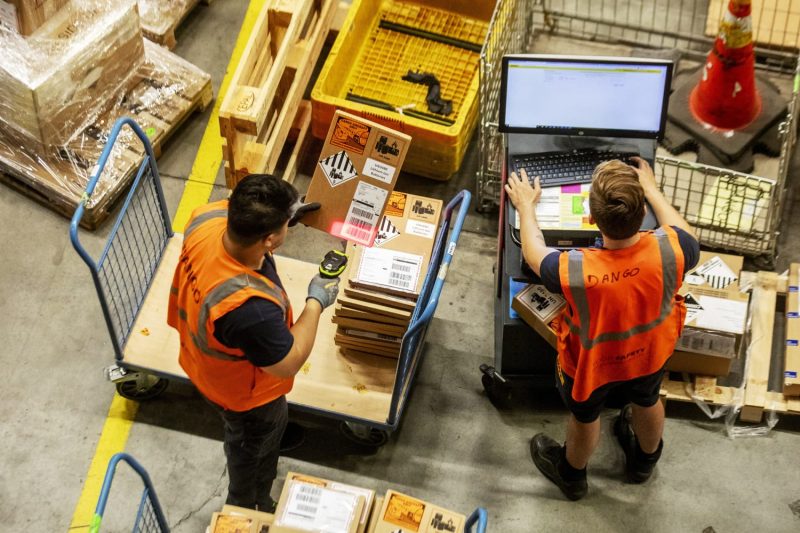In the fast-paced world of global commerce, the links that connect businesses across the world are intricate and fragile. These interconnections enable goods and services to flow smoothly between countries, driving economic growth and prosperity. However, as evidenced by the recent debacle with the Ever Given container ship in the Suez Canal, the entire system can come crashing down with a single failure.
The incident with the Ever Given was a stark reminder of the vulnerabilities inherent in global supply chains. The blockage of one of the world’s busiest shipping routes had far-reaching consequences, disrupting the flow of goods and causing massive delays and financial losses for businesses around the world. This incident highlighted the extent to which our economy relies on the smooth functioning of these supply chains and the cascading effects that can result from a single point of failure.
When a critical node in the supply chain breaks down, the ripple effects are felt far and wide. In the case of the Ever Given, the blockage of the Suez Canal disrupted the delivery of goods ranging from consumer products to vital medical supplies. This single point of failure had a domino effect, causing delays in production, shortages on store shelves, and a spike in shipping costs. The incident laid bare the interconnectedness of global trade and the fragility of the web of commerce that underpins our modern economy.
Moreover, the Ever Given incident exposed the vulnerabilities of the global shipping industry. The reliance on mega-ships carrying massive quantities of cargo increases the risk of such incidents occurring. As ships continue to grow in size to accommodate the growing demand for goods, the potential consequences of a failure like the one in the Suez Canal become even more severe. The incident served as a wake-up call for the industry to reassess its practices and mitigate the risks associated with such large-scale operations.
In conclusion, the incident with the Ever Given in the Suez Canal underscored the inherent fragility of the global commerce system. A single failure at a critical juncture can have wide-ranging effects that reverberate throughout the economy. This event should serve as a catalyst for businesses and governments to reevaluate their supply chain strategies and invest in resilience to withstand future shocks. By learning from this incident and taking proactive measures to strengthen the web of global commerce, we can better prepare ourselves for the challenges that lie ahead.
